7 Simple Ways To Use Hydrogen Peroxide To Treat Acne
Exfoliate your skin with peroxide to remove dead cells and breakout-causing excess oil.
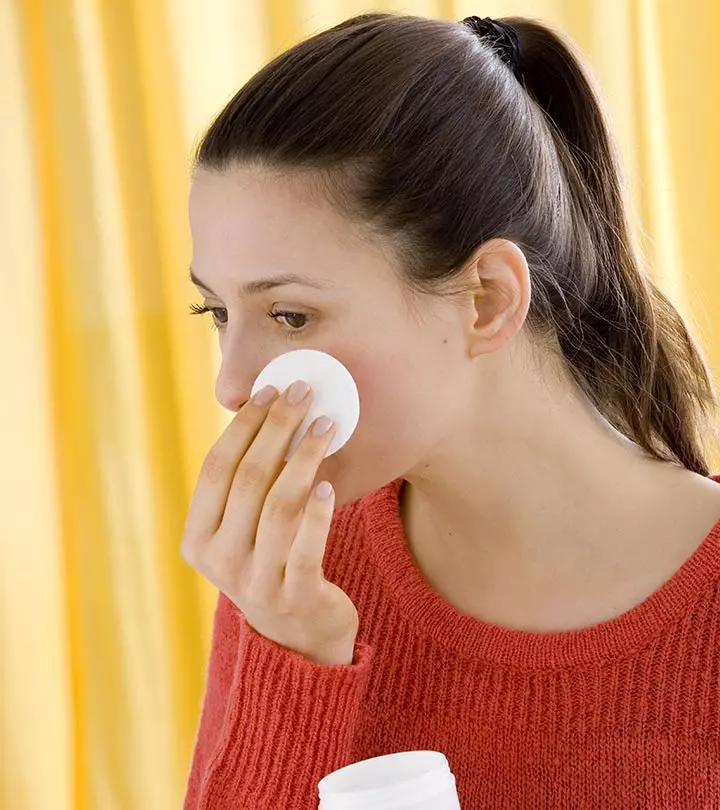
Image: Shutterstock
Acne is an issue for almost everyone, and we are all searching for that one effective solution to manage it. That is when using hydrogen peroxide for acne comes to the scene. It is a clear, colorless liquid that is often used as a disinfectant and bleaching agent due to its strong oxidizing properties. But is it safe to use hydrogen peroxide on your skin? How does it help you solve acne issues? Hang on! This article will help you find answers to all your questions. Keep reading to know more.
In This Article
What Does Hydrogen Peroxide Do For Acne?
Acne is caused when your skin produces excess sebum (the natural oil that helps keep your skin moisturized and healthy)
(1). When there is too much sebum on your skin, some of it ends up clogging your pores along with dead skin cells and bacteria. Acne can also be caused by hormonal imbalances, lifestyle, genetics, and bacteria. This leads to the formation of a pimple.
Up to 50 million Americans experience acne each year. A study included 44,689 people from 27 different countries and according to the results, 43.35% of the participants have had unpleasant skin sensations like dryness, itching, or burning. The most prevalent conditions were discovered to be atopic dermatitis or eczema (5.5%), acne (5.4%), and fungus skin infections (8.9%).
Using hydrogen peroxide for skin health and issues like acne is a popular folk remedy. Scientifically, when applied to the skin, it may oxidize it and create an unfavorable environment for the acne-causing bacteria, neutralizing them and giving your skin a chance to heal. Peroxide also works as a peeling agent, which helps exfoliate your skin, exposing newer and healthier skin. It prevents further breakouts by drying out the oils on your skin.
 Quick Tip
Quick TipOlyveya Mazier, a ballet dancer and YouTuber who runs the channel Carnivore Ballerina, shares her experience of using hydrogen peroxide for acne: “I sprayed it on my face, just like one spray, twice a day, once in the morning and once in the evening, that’s when I washed my face, and it was amazing. After two weeks it really helped (i).” However, she also mentions in the description that she sprayed it directly on the skin, which is not the recommended way of using it safely, and it ended up bleaching her eyebrows.
While hydrogen peroxide is an extremely efficient spot treatment for acne, it must be used with caution. Using it too often can damage your skin.
Key Takeaways
- Hydrogen peroxide is an everyday household cleaner that can also treat acne.
- You can use it for removing skin-borne bacteria, drying out zits, and managing inflammation.
- Use a cotton swab to dab a small amount of hydrogen peroxide onto the afflicted region after cleansing the skin to treat acne.
- Hydrogen peroxide can cause irritation and dryness on the skin of some people. Please check if you are allergic to the substance and always make sure to dilute it with water.
How To Use Hydrogen Peroxide For Acne
I’ve put together a list of the 7 different ways you could use hydrogen peroxide to treat acne.
NOTE: Ensure that the hydrogen peroxide solution is not stronger than 3%. If you have extremely sensitive skin, consult a dermatologist before you try any of these remedies.
Most of these remedies will make your skin feel tingly, but if this becomes painful, wash your face with cold water immediately and consult a dermatologist.
 Quick Tip
Quick Tip1. Hydrogen Peroxide For Acne
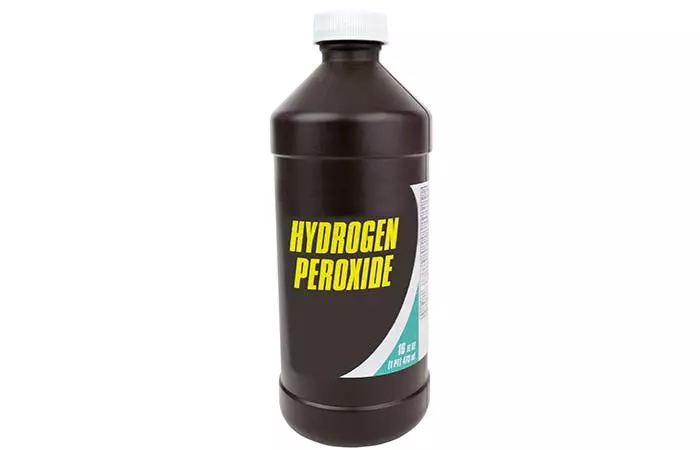
You Will Need
- Facial cleanser
- Towel
- Cotton pad
- 3% hydrogen peroxide
- Non-comedogenic moisturizer
Treatment TIme
5 minutes.
Method
- Wash your face with a facial cleanser and pat dry.
- Saturate the cotton ball with the hydrogen peroxide.
- Dab the saturated cotton ball onto the affected areas of your skin.
- Leave it on for about 5 minutes.
- Rinse your face with cold water.
- Pat dry with a towel and moisturize with a non-comedogenic moisturizer.
How Often?
2-3 times a week until the acne subsides. If you have dry skin, do not repeat this treatment more than twice a week.
Why This Works
Hydrogen peroxide is a disinfectant that may destroy the acne bacteria, giving your skin a chance to heal
(2). It also helps exfoliate your skin, revealing a newer and healthier layer of skin.
NOTE: Always do a patch test before using any new product or serum to confirm that your skin doesn’t have any sensitivity to it.
2. Baking Soda And Hydrogen Peroxide For Pimples
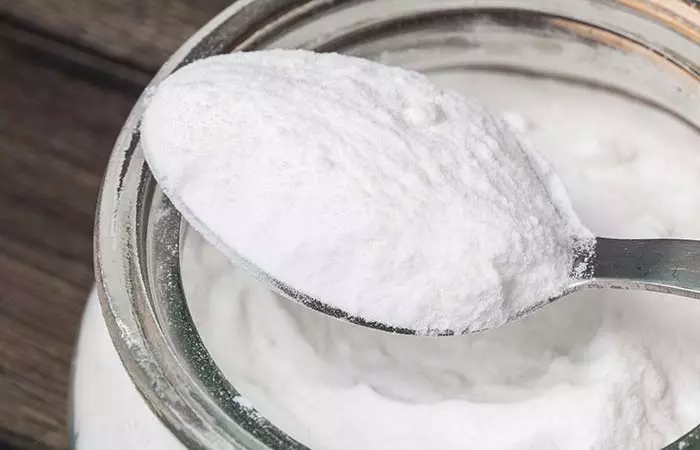
You Will Need
- Facial cleanser
- Towel
- 1 tbsp hydrogen peroxide
- 1 tbsp baking soda
- Non-comedogenic moisturizer
- Glass/plastic bowl
- Wooden/plastic spoon
Treatment Time
5 minutes.
Method
- Wash your face with a facial cleanser and pat dry.
- Combine the baking soda and hydrogen peroxide in a bowl. Use a wooden or plastic spoon to stir the mixture until it is smooth.
- Apply this mixture onto your face. Do not apply it near your eyes.
- Leave it on for about 5 minutes.
- Rinse your face with cold water.
- Pat dry with a towel and moisturize with a non-comedogenic moisturizer.
How Often?
Once a week.
Why This Works
Baking soda may help maintain the pH balance of your skin while also exfoliating it.
While most people use baking soda by itself to treat acne, in combination with hydrogen peroxide it may destroy all the pimples on your skin and then lets your skin do the rest. This remedy also helps get rid of excess oil from your skin.
3. Tea Tree Oil And Hydrogen Peroxide For Acne
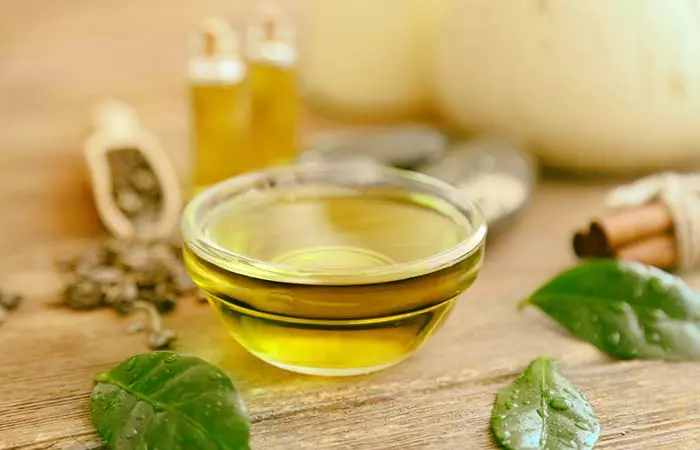
You Will Need
- Facial cleanser
- Towel
- 1 tbsp tea tree oil
- 1 tsp 3% hydrogen peroxide
- Plastic/glass bowl
- Plastic/wooden spoon
- Non-comedogenic moisturizer
Treatment TIme
5 minutes.
Method
- Wash your face with a facial cleanser and pat dry.
- Combine the tea tree oil and hydrogen peroxide in a bowl. Use a wooden or plastic spoon to stir the mixture until it is smooth.
- Apply this mixture on to the affected areas. Do not apply it near your eyes.
- Leave it on for about 5 minutes.
- Rinse your face with cold water.
- Pat dry with a towel and moisturize with a non-comedogenic moisturizer.
How Often?
1-2 times a week.
Why This Works
Tea tree oil is commonly used to treat acne because of its powerful antibacterial properties
(3). This mixture is quite potent, so ensure that you do not use it more than twice a week. When used correctly, you may start noticing positive results right from the first use. You can also use this solution to treat back acne.
NOTE: If you have sensitive skin, tea tree oil can be harsh for you, so be sure before using it to avoid any irritation to the skin.
4. Lemon Juice And Hydrogen Peroxide For Acne
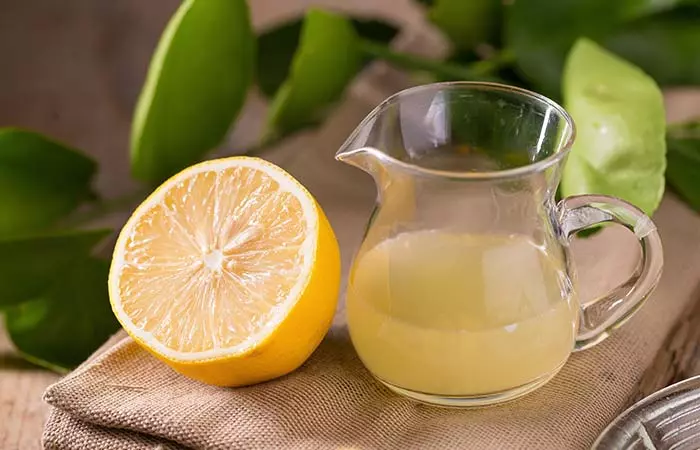
You Will Need
- Facial cleanser
- Towel
- 1 tsp lemon juice
- 1 tsp 3% hydrogen peroxide
- Plastic/glass bowl
- Plastic/wooden spoon
- Non-comedogenic moisturizer
Treatment TIme
5 minutes.
Method
- Wash your face with a facial cleanser and pat dry.
- Combine the lemon juice and hydrogen peroxide in a bowl. Use a wooden or plastic spoon to stir the mixture until it is smooth.
- Apply this mixture to the affected areas. Do not apply it near your eyes.
- Leave it on for about 5 minutes.
- Rinse your face with cold water.
- Pat dry with a towel and moisturize with a non-comedogenic moisturizer.
How Often?
Once a week.
Why This Works
Lemon juice is a natural lightening agent (4). When combined with hydrogen peroxide, it may help reduce acne and also lighten hyperpigmented skin left behind from acne breakouts. If you are wondering how to use hydrogen peroxide for acne scars, follow the same recipe. This remedy will also help control oil production and will prevent future breakouts.
“}” data-sheets-userformat=”{“2″:4480,”10″:2,”11″:0,”15″:”Arial”}” data-sheets-formula=”=R[0]C[-12]&R[0]C[-4]&R[0]C[-11]&R[0]C[-10]&R[0]C[-5]&R[0]C[-9]”>
5. Borax And Hydrogen Peroxide
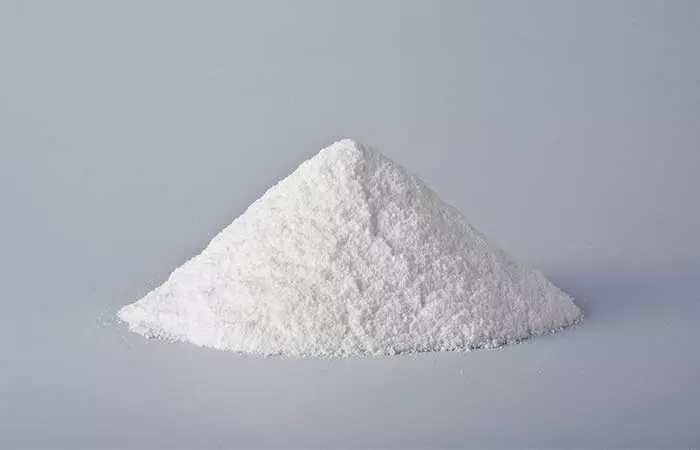
You Will Need
- Facial cleanser
- Towel
- 1 tbsp borax
- 1 tsp 3% hydrogen peroxide
- 1 tbsp water
- Plastic/glass bowl
- Plastic/wooden spoon
- Non-comedogenic moisturizer
Treatment TIme
5 minutes.
Method
- Wash your face with a facial cleanser and pat dry.
- Combine the borax, hydrogen peroxide, and water in a bowl. Use a wooden or plastic spoon to stir the mixture until it is smooth.
- Apply this mixture on to the affected areas. Do not apply it near your eyes.
- Leave it on for about 5 minutes.
- Rinse your face with cold water.
- Pat dry with a towel and moisturize with a non-comedogenic moisturizer.
How Often?
Once a week.
Why This Works
Borax may help exfoliate your skin while eliminating dead skin cells and bacteria. When used in combination with hydrogen peroxide, it gives your skin a fresh start by eliminating all the acne-causing bacteria. However, more information is warranted in this regard.
NOTE: If you have cystic acne, you should see a dermatologist as you may require prescription antibiotics and medications to treat your condition.
6. Aloe Vera And Hydrogen Peroxide For Acne
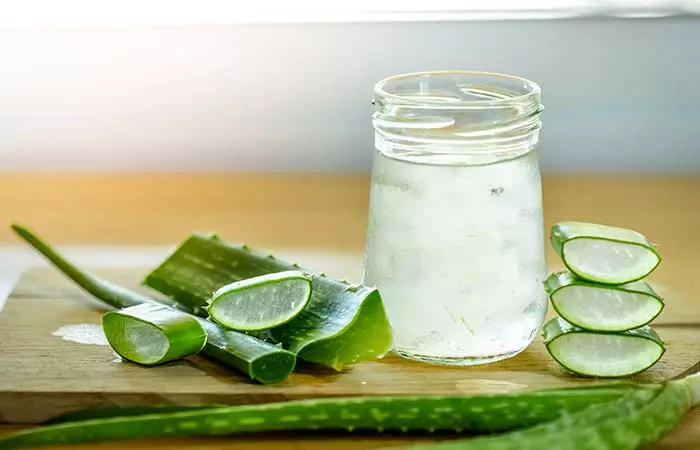
You Will Need
- Facial cleanser
- Towel
- 1 tbsp aloe vera gel
- 1-2 tsp 3% hydrogen peroxide
- Cotton pad
- Plastic/glass bowl
- Plastic/wooden spoon
Treatment TIme
5 minutes.
Method
- Wash your face with a facial cleanser and pat dry.
- Saturate the cotton ball with the hydrogen peroxide.
- Dab the saturated cotton ball onto the affected areas of your skin.
- Leave it on for about 5 minutes.
- Rinse your face with cold water.
- Pat your skin dry with a towel.
- Proceed to apply a thin layer of aloe vera gel onto your skin. Leave this on.
How Often?
1-2 times a week.
Why This Works
Aloe vera may help tackle acne and redness with its antibacterial properties (5). It may also boost the wound healing process with its high content of antioxidants (5). After the hydrogen peroxide disinfects your skin, the aloe vera gel will help soothe the redness while nourishing and moisturizing your skin.
7. Aspirin And Hydrogen Peroxide For Acne
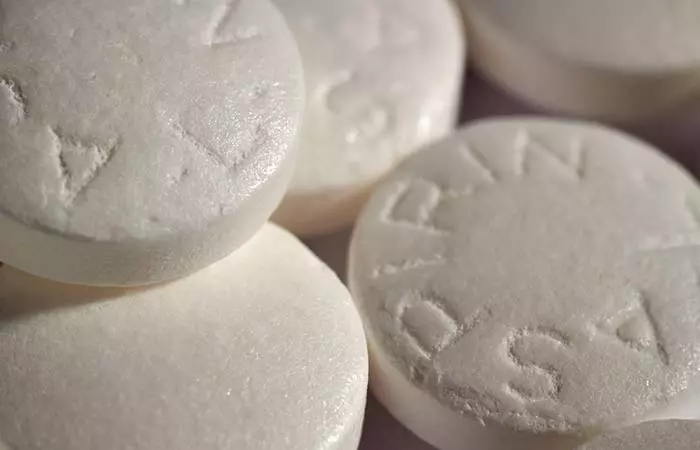
You Will Need
- Facial cleanser
- Towel
- 5 tsp 3% hydrogen peroxide
- 3 powdered aspirin tablets
- A plastic/wooden spoon
- Glass/plastic bowl
- Non-comedogenic moisturizer
Treatment TIme
5 minutes.
Method
- Wash your face with a facial cleanser and pat dry.
- Combine the aspirin and hydrogen peroxide in a bowl. Use a wooden or plastic spoon to stir the mixture until it is smooth.
- Apply this mixture on to the affected areas. Do not apply it near your eyes.
- Gently massage for about 30 seconds to exfoliate your skin.
- Leave it on for about 5 minutes.
- Rinse your face with cold water.
- Pat dry with a towel and moisturize with a non-comedogenic moisturizer.
How Often?
Once a week.
Why This Works
Aspirin has anti-inflammatory properties that may help soothe your skin. It also contains salicylic acid (6), which is a common ingredient in a lot of acne creams. This combination of hydrogen peroxide and aspirin will put an end to the acne on your skin.
Pros And Cons Of Using Hydrogen Peroxide For Acne
Pros
- Effective spot treatment.
- Dries out the acne and allows the skin to heal.
- Exfoliates skin.
- Prevents future breakouts.
- Inhibits oil production.
Cons
- Excessive use may damage skin and result in premature aging.
- Not advised for people with dry skin.
Now, let’s compare hydrogen peroxide with benzoyl peroxide, which is another alternative for acne treatment.
Hydrogen Peroxide Vs. Benzoyl Peroxide For Acne
Hydrogen peroxide and benzoyl peroxide are often used for treating acne, but they differ significantly in their mechanisms and suitability. As stated earlier, hydrogen peroxide is a disinfectant and antiseptic that can kill acne-causing bacteria, but it is also harsh and can irritate the skin.
Benzoyl peroxide, on the other hand, is a widely recommended acne treatment. It works by penetrating the skin, where it releases oxygen to kill the bacteria and unclog pores. It is available in various strengths, from 2.5% to 10%, allowing users to tailor their treatment. While it can cause dryness and peeling, its side effects are usually manageable with proper skin care. It is also an FDA-approved prescription medication for the treatment of acne vulgaris, making it a more effective and safer option for acne treatment compared to hydrogen peroxide (7).
Infographic: Top 4 Ways To Use Hydrogen Peroxide For Acne
Hydrogen peroxide is an antiseptic that may kill bacteria, heal wounds, and is widely used to manage acne. The infographic below contains four easy ways to use it to manage acne inflammation and get quick relief. Scroll down and check it out. Illustration: StyleCraze Design Team
When looking for ways to get rid of pimples and treat acne scars, you may come across hydrogen peroxide as a popular at-home remedy. It can kill acne-causing bacteria and is frequently used as an acne treatment. Hydrogen peroxide can also dry out the skin’s natural oils, which may help to avoid further breakouts. Make sure the hydrogen peroxide solution doesn’t exceed 3% strength. Consult a dermatology expert if you have highly sensitive skin and want to try any of these remedies. Most of these remedies will tingle your skin, but wash your face with cold water immediately and visit a doctor if this becomes uncomfortable.
Frequently Asked Questions
Can hydrogen peroxide be effective in reducing acne scars?
There is no scientific evidence that hydrogen peroxide can help in reducing the appearance of acne scars. Hence, it is ideal to consult a dermatologist before topical application of the liquid.
Is hydrogen peroxide suitable for sensitive skin?
Hydrogen peroxide can be harsh on sensitive skin, potentially causing irritation and dryness. You should consult a dermatologist before using it for sensitive skin.
Does hydrogen peroxide clear dark spots?
Yes, hydrogen peroxide can clear dark spots. However, it may trigger skin irritation, and its action is very slow.
Does hydrogen peroxide dissolve blackheads?
Yes, it may. You can use hydrogen peroxide to remove blackheads by mixing one part peroxide with three parts water. However, note that it is a strong chemical that can also cause adverse reactions. So make sure to do a patch test with the diluted solution before using it on inflamed skin.
What should you not mix with hydrogen peroxide?
Vinegar should not be mixed with hydrogen peroxide, as this duo exhibits excessive cleaning properties.
How do I use hydrogen peroxide to bleach my skin?
Hydrogen peroxide is a natural bleaching agent and can be applied to the skin. However, it should be diluted with water.
Illustration: Simple Ways To Use Hydrogen Peroxide For Acne
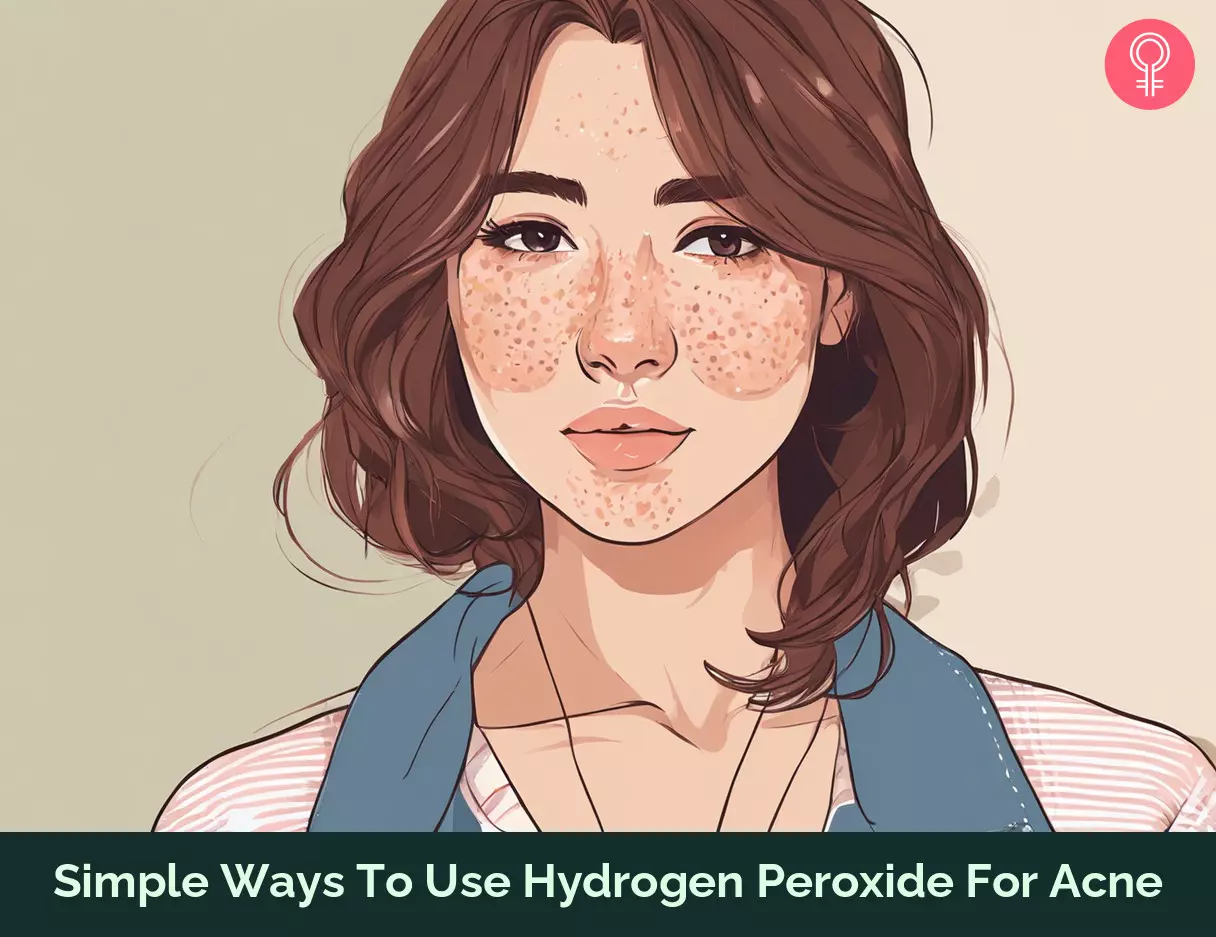
Image: Stable Diffusion/StyleCraze Design Team
Learn how to treat your acne using hydrogen peroxide! Discover the simple steps in this video to help clear up your skin and get rid of those pesky blemishes.
Personal Experience: Source
StyleCraze's articles are interwoven with authentic personal narratives that provide depth and resonance to our content. Below are the sources of the personal accounts referenced in this article.
i. How I Healed my skin, finding the true causehttps://www.youtube.com/watch?v=DOd7d8gkWIA
References
Articles on StyleCraze are backed by verified information from peer-reviewed and academic research papers, reputed organizations, research institutions, and medical associations to ensure accuracy and relevance. Read our editorial policy to learn more.
- Acne Vulgaris
https://www.researchgate.net/publication/281845863_Acne_Vulgaris - Bactericidal efficacy of hydrogen peroxide on Cutibacterium acnes
https://www.ncbi.nlm.nih.gov/pmc/articles/PMC6359884/ - Antimicrobial Activity of Tea Tree oil against Pathogenic Bacteria and Comparison of Its Effectiveness with Eucalyptus Oil Lemongrass Oil and Conventional Antibiotics
https://www.researchgate.net/publication/325787088_Antimicrobial_Activity_of_Tea_Tree_oil_against_Pathogenic_Bacteria_and_Comparison_of_Its_Effectiveness_with_Eucalyptus_Oil_Lemongrass_Oil_and_Conventional_Antibiotics - BASKETFUL BENEFIT OF CITRUS LIMON
https://www.researchgate.net/publication/304995022_BASKETFUL_BENEFIT_OF_CITRUS_LIMON - Antibacterial activities and antioxidant capacity of Aloe vera
https://www.ncbi.nlm.nih.gov/pmc/articles/PMC3729540/ - Salicylic acid: A link between aspirin diet and the prevention of colorectal cancer
https://www.researchgate.net/publication/11850443_Salicylic_acid_A_link_between_aspirin_diet_and_the_prevention_of_colorectal_cancer - Benzoyl Peroxide
https://www.ncbi.nlm.nih.gov/books/NBK537220/#:~:text=Benzoyl%20peroxide%20is%20an%20over,and%20within%20the%20hair%20follicles.
Read full bio of Dr. Schwarzburg
Read full bio of Arshiya Syeda
Read full bio of Ramona Sinha
Read full bio of Swathi E






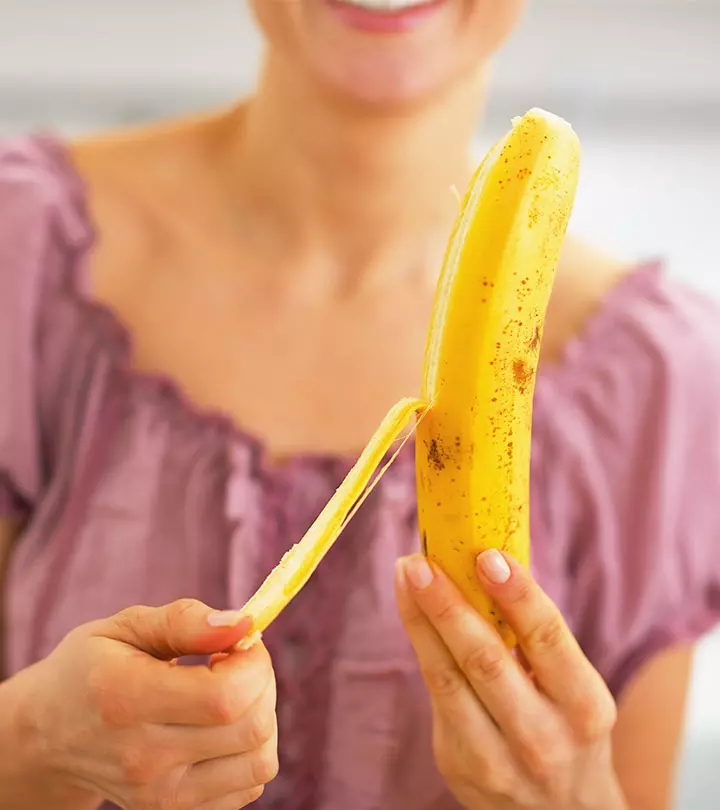
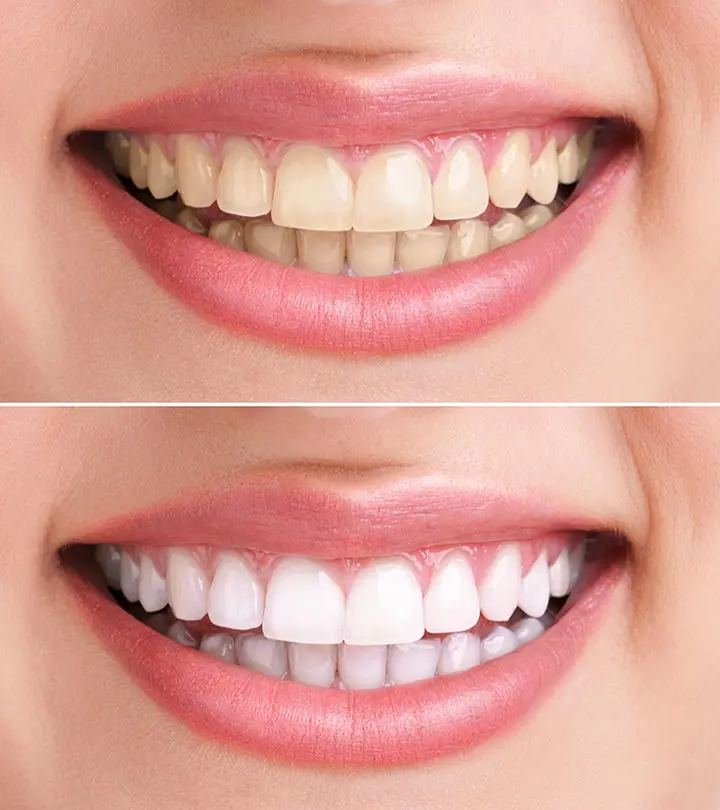


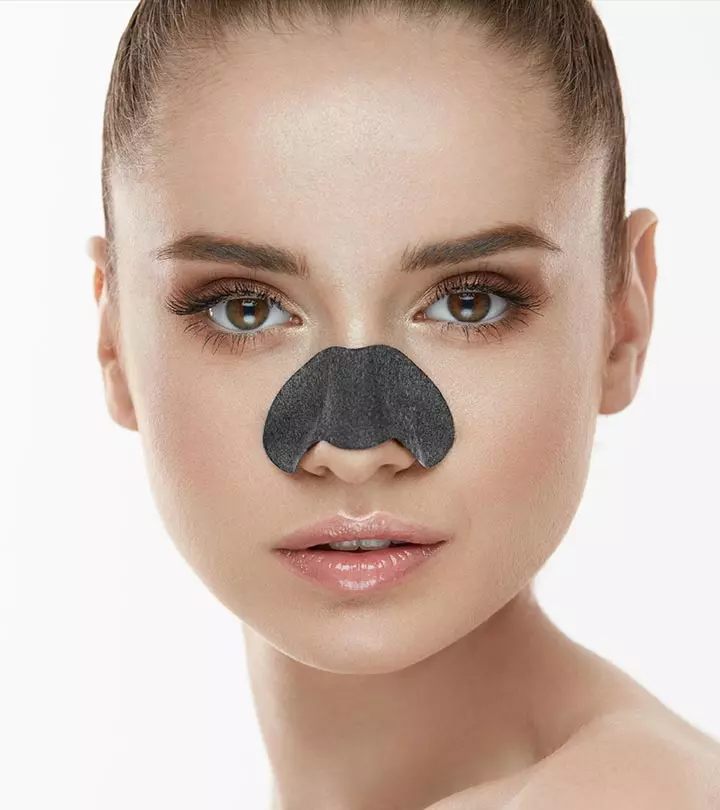
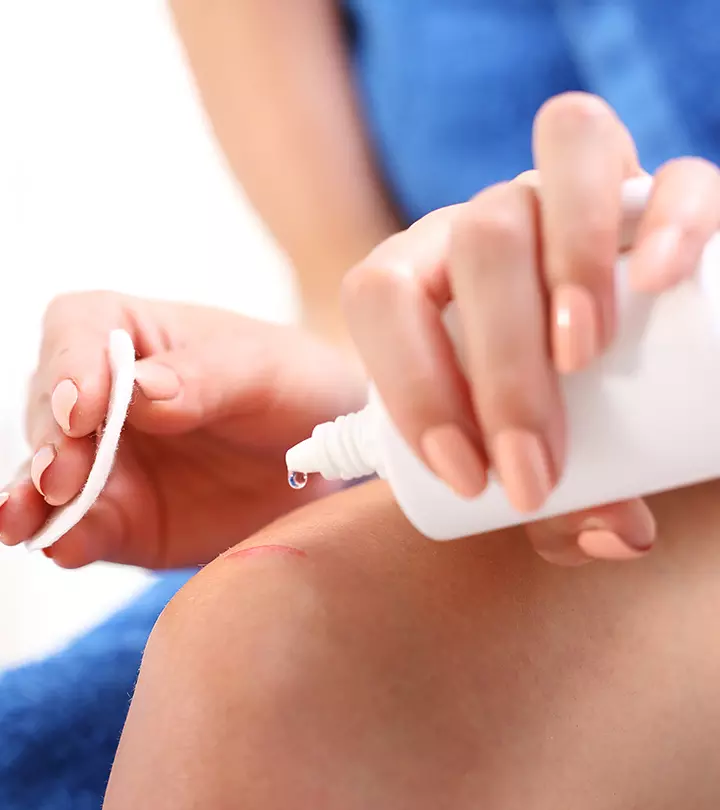
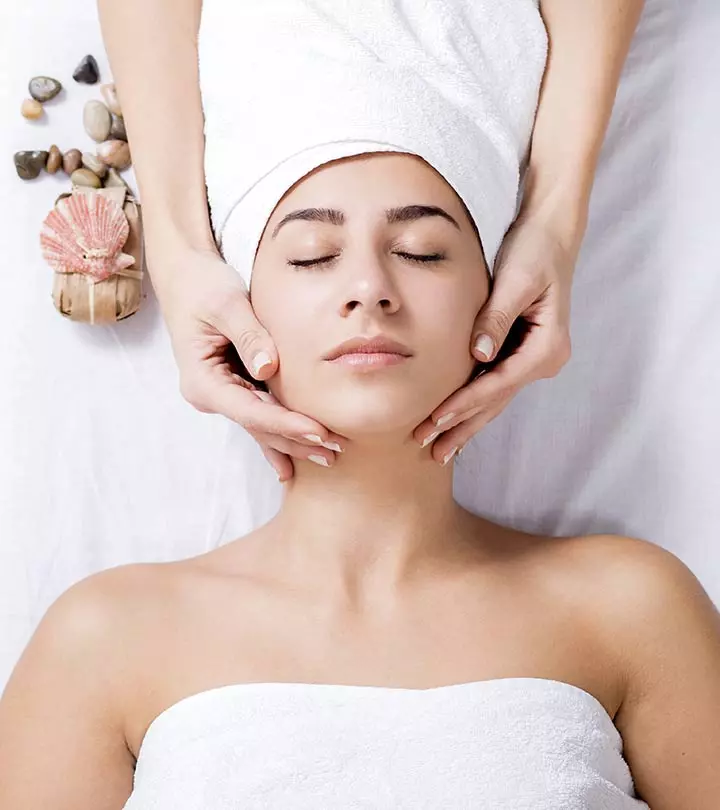

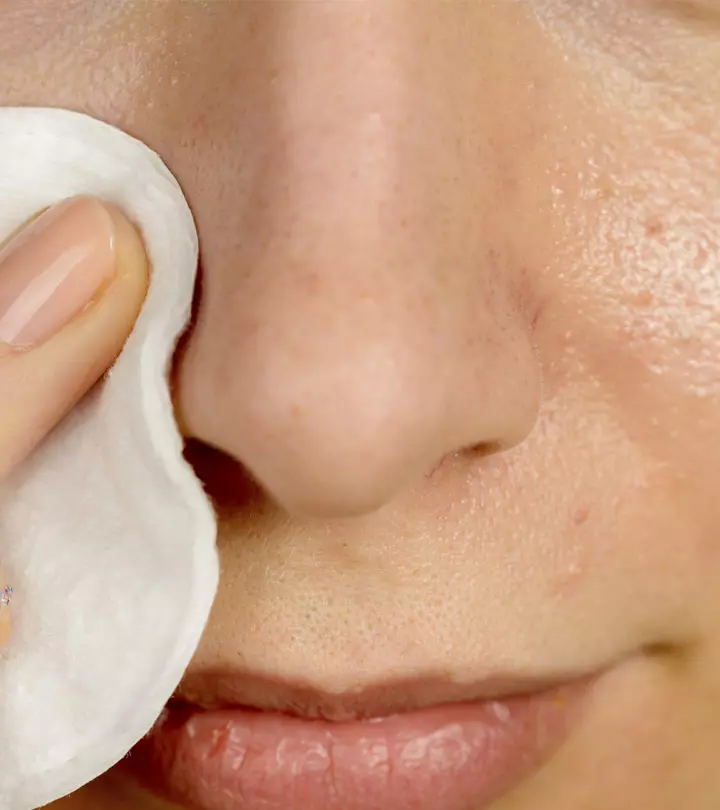



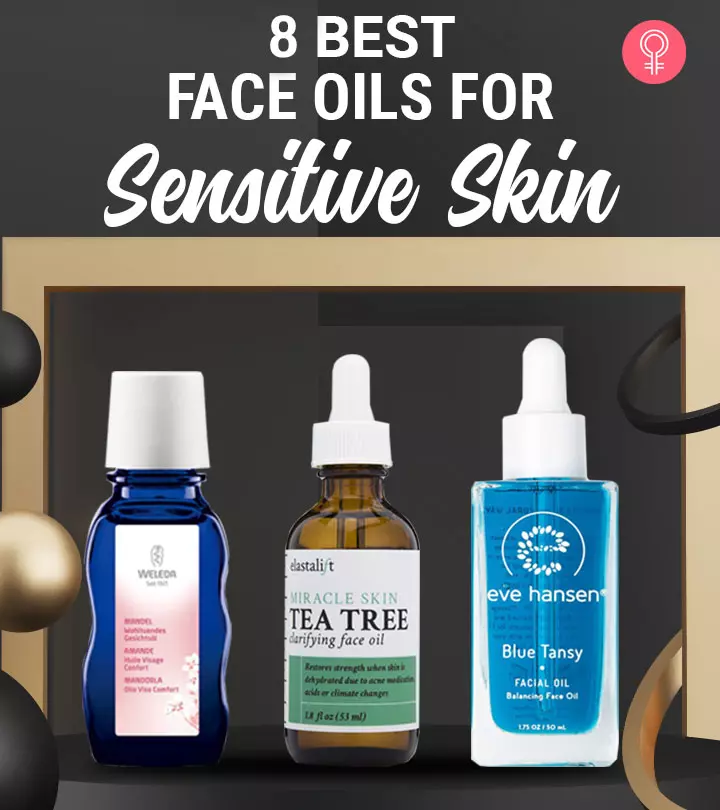

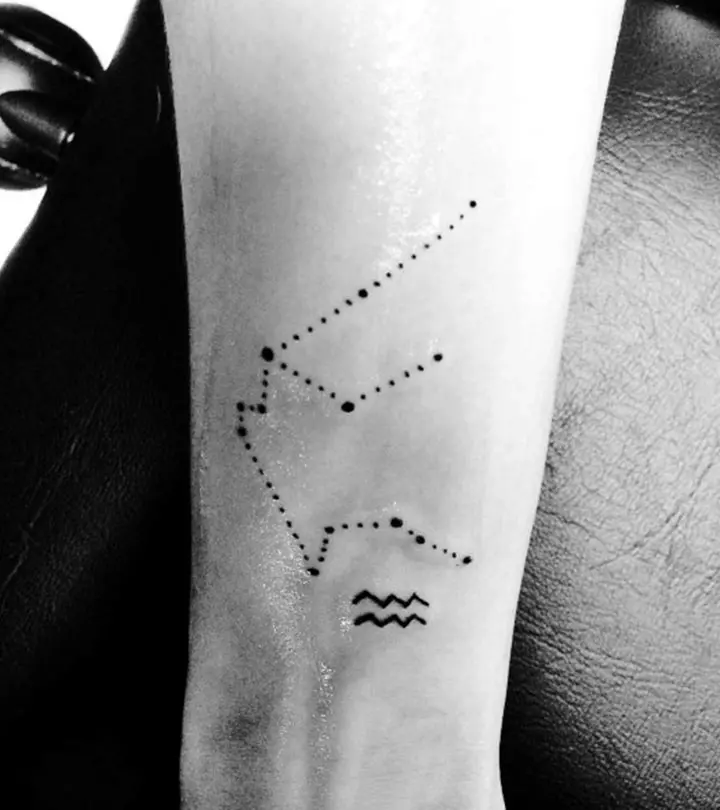

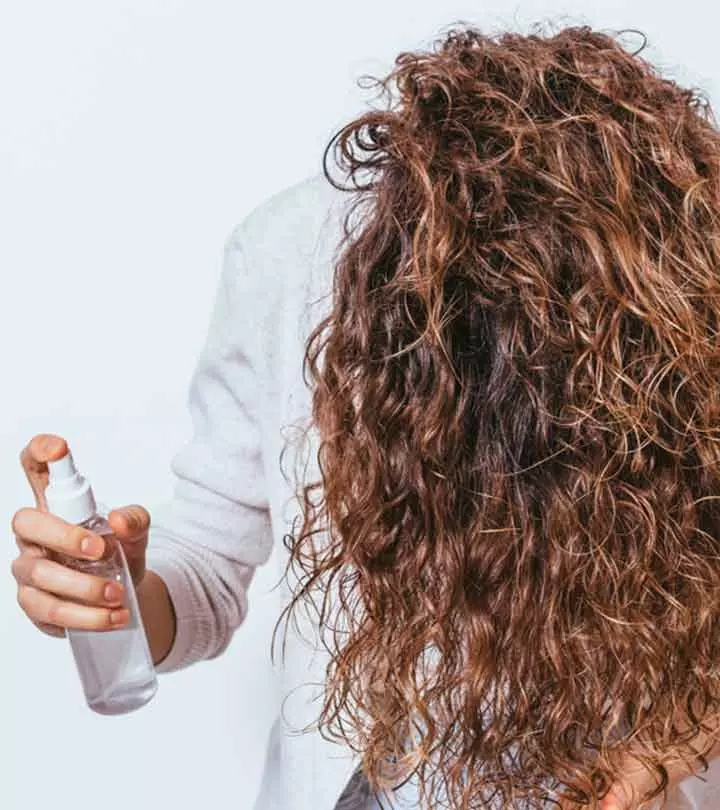
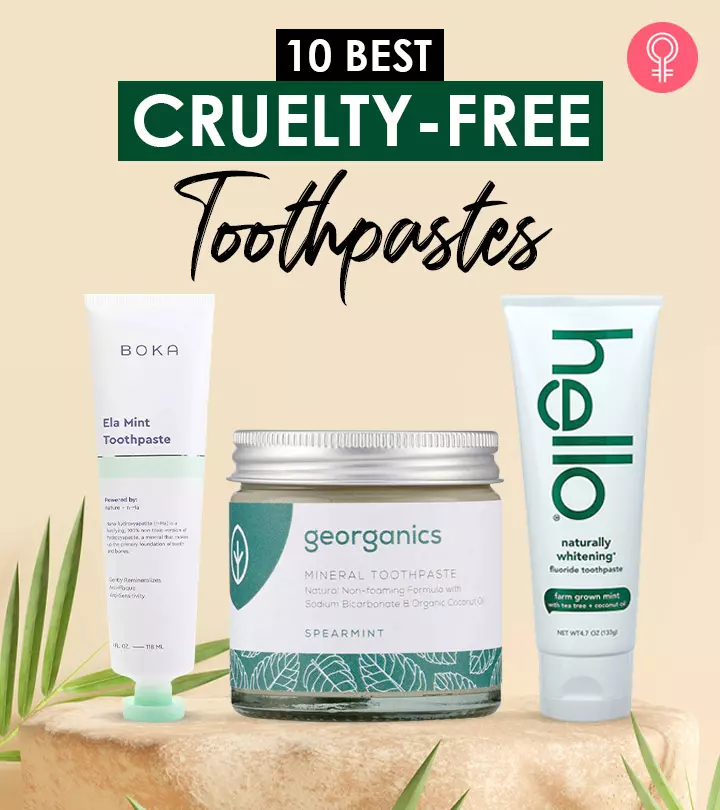
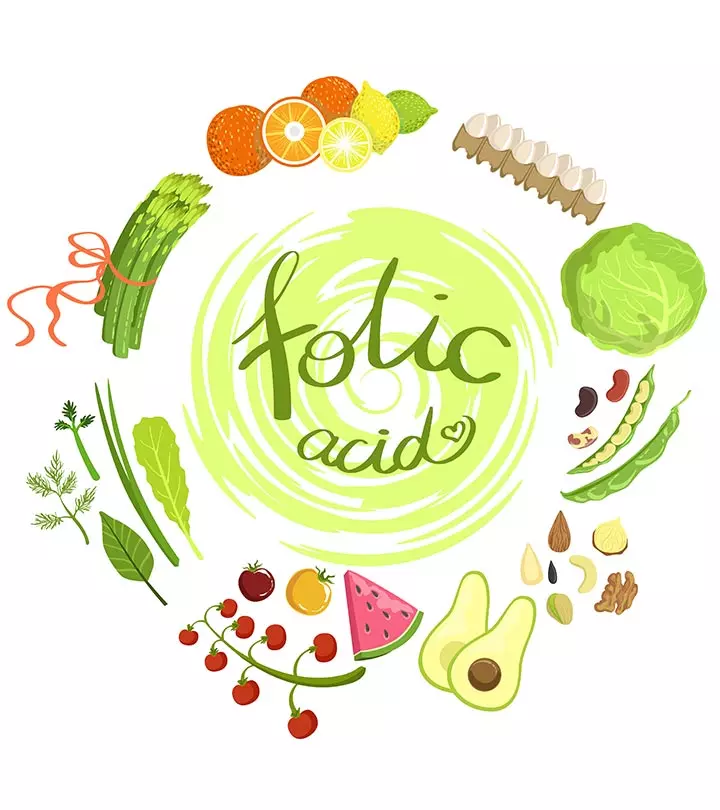

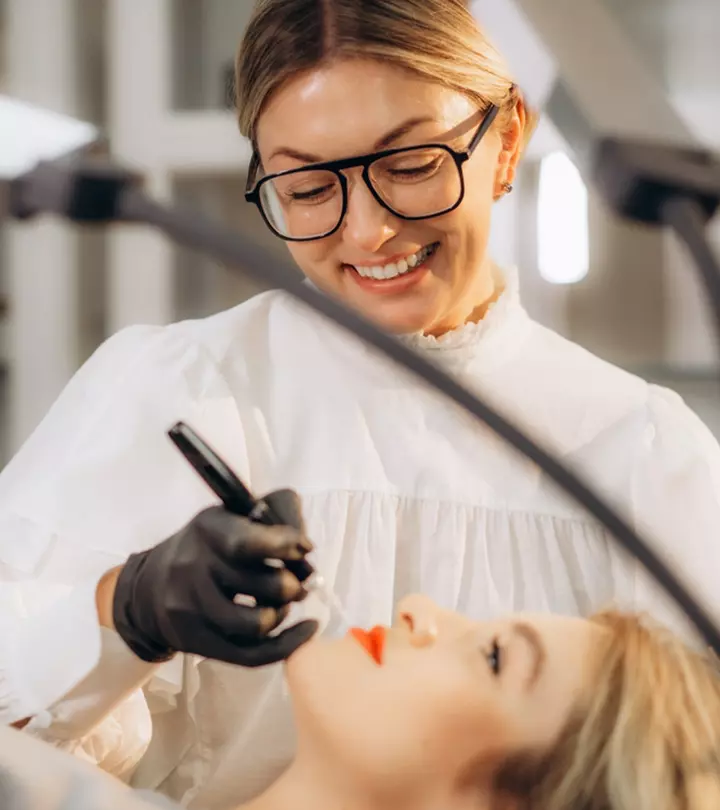
Community Experiences
Join the conversation and become a part of our empowering community! Share your stories, experiences, and insights to connect with other beauty, lifestyle, and health enthusiasts.